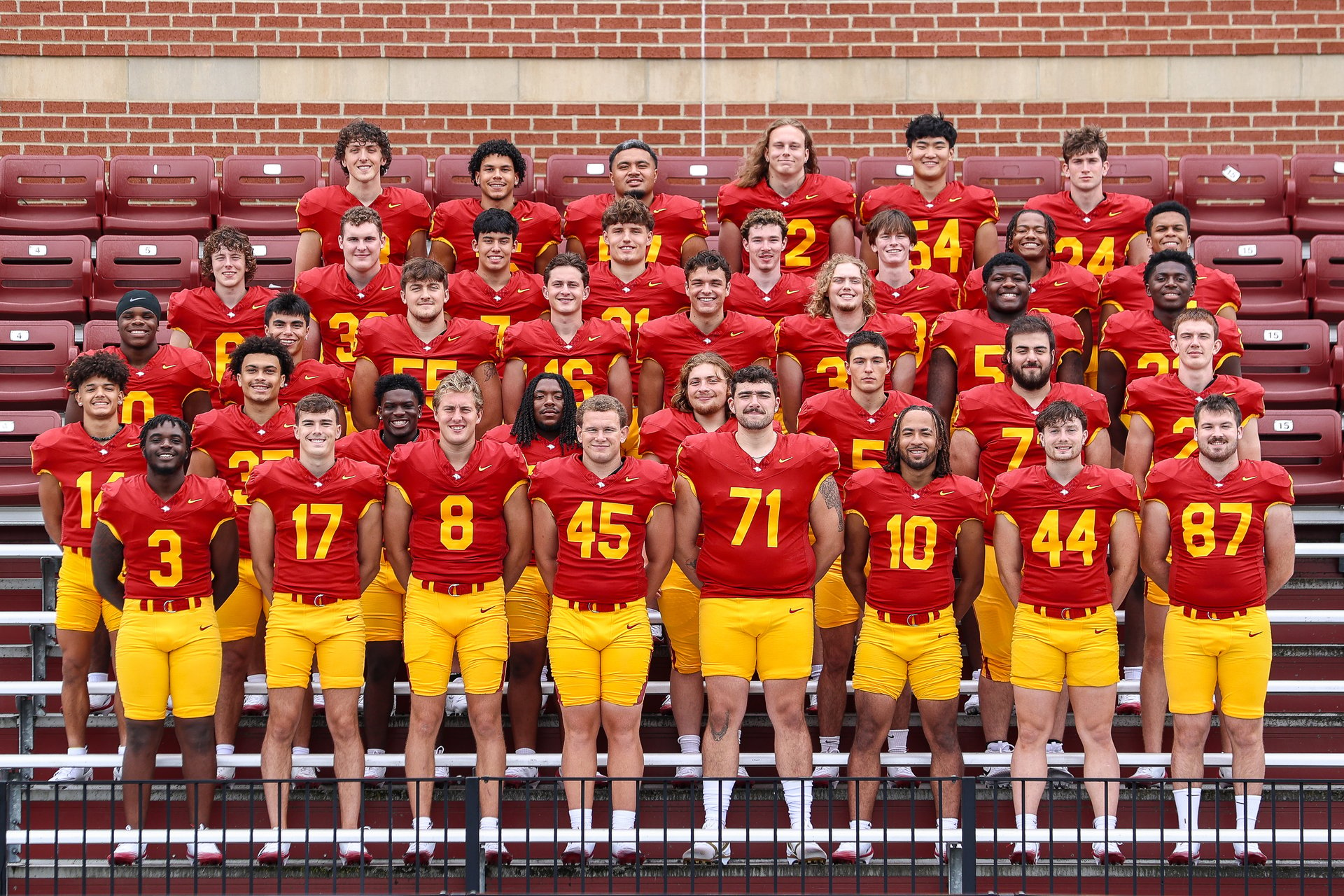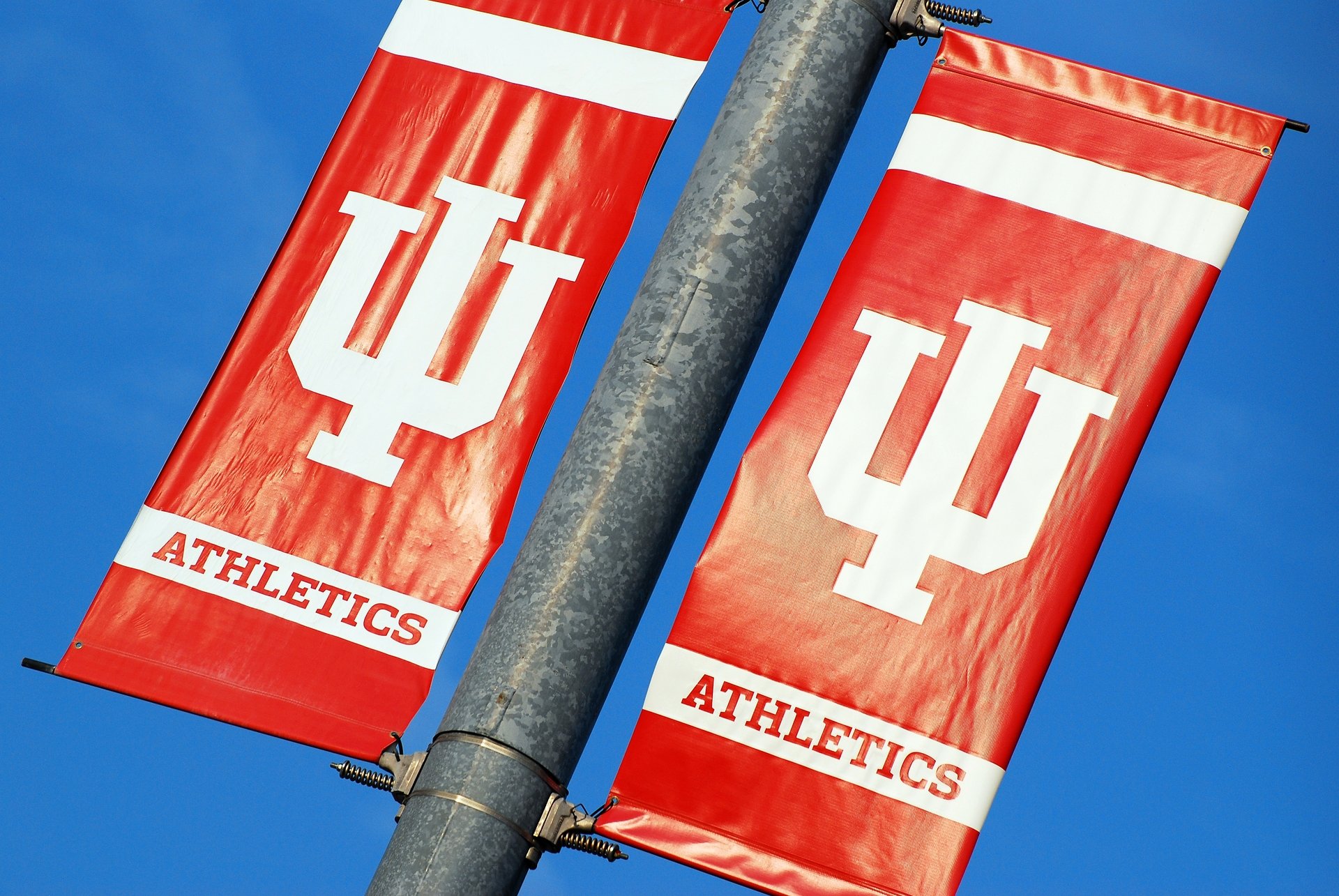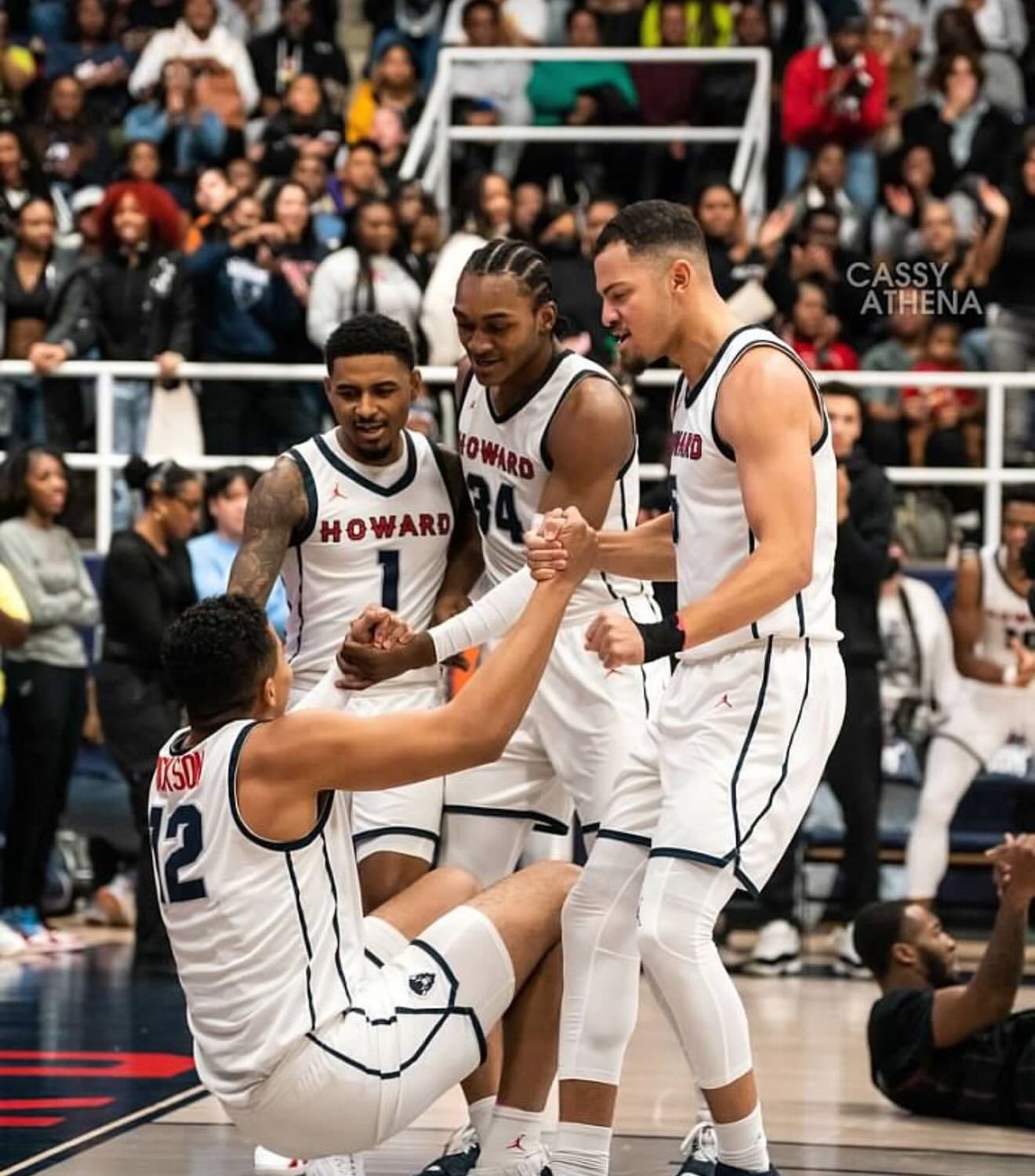Good morning, and thanks for spending part of your day with Extra Points.
Two quick notes before we get started:
First, could you do me a huge favor? If this newsletter has ever been helpful for you at work, would you mind emailing me a quick 1-2 sentence example? We’re tweaking a few marketing tools here behind the scenes, and having a testimonial or two would really help us out. THANK YOU!
And second, I wanted to remind everybody that I do happily accept, and pay for, freelance submissions at Extra Points. I’m particularly looking for reporting/personal essays/historical analysis or perspectives that I can’t provide, and also fit with our coverage area. Pitch me at [email protected].
I’m happy to publish one of those freelance stories today, from our colleague and regular contributor KC Smurthwaite. I’ll pass him the mic, right after this message from today’s sponsor:
You Have a Lot on Your Plate. Let Practice of Life Help You Help Your Student-Athletes.
As a college administrator, you’re pulled in a million directions. You care about your student-athletes, but time is short. You're not alone. Nearly 9 in 10 student-athletes say they're overwhelmed.
They know what's getting in their way. As one put it: "My phone is absolutely my BIGGEST distraction."
Another said: "My phone is 99% of the reason I don't get great sleep."
They want to change. You can help—without adding to your to-do list. Swipe Less, Live More is a ready-made digital wellness program that helps your athletes reset their habits. Built by Practice of Life, it combines short-form micro-lessons, daily challenges, and a custom tracker to deliver real behavior change. Like:
After just 14 days, student-athletes at Sacramento State said:
→ “I got notifications down to a much more manageable amount.”
→ “I’m spending less time on social media.”
→ “Less doom scrolling on bad days.”
Want the full story?
See how Sacramento State ran the program and what changed. Download the Free Case Study and See the Results.
Everyone expected fireworks on the Fourth of July — and they got them. In college football, the real fireworks that shifted the NCAA recruiting landscape exploded in Lubbock, Texas, where the spark of a commitment blew up the revenue-sharing model.
Five-star offensive tackle Felix Ojo, ranked No. 20 in the 2026 ESPN 300, stunned the recruiting world by committing to Texas Tech. But the real bombshell wasn’t his actual commitment. It was the fine print: Ojo had reportedly signed a seven-figure, guaranteed revenue-sharing deal before ever playing a college snap.
Guaranteed. High school. Millions.
The move instantly shifted the conversation from “Texas Tech landed a big recruit” to “Texas Tech just rewrote the playbook.” In a sport long dominated by bluebloods, a program from outside the national elite was suddenly front and center in the new NIL arms race. Oh, did I mention that Tech wasn’t even in the mix in the days leading up to Ojo’s commitment?
The deal is unprecedented. For Texas Tech, Ojo is the highest-ranked offensive lineman ever to commit to the program. For college football, his contract is proof that the ground is shifting beneath our feet — quickly.
Early reports framed Ojo’s contract at a jaw-dropping $5.1 million. His agent, Derrick Shelby of Prestige Management, indicated that escalators could push it that high: $1.2 million in Year 1, $1.6 million in Year 2 and $2.1 million in Year 3. However, subsequent reports painted a more modest picture: a three-year, $2.3 million agreement averaging $775,000 per year. But incentives, renegotiations and the still-evolving revenue-sharing landscape could push that higher.
Attorney Darren Heitner believes Ojo’s deal signals just how far the college game has drifted into professional territory. “Ojo’s revenue-sharing contract could mirror protections seen in NFL rookie deals, ensuring compensation regardless of performance or injury,” he said. But he also pushed back against the hype about the deal being fully guaranteed. “Calling it a fully guaranteed contract may not be accurate if much of the money hinges on incentives or increases in the revenue-sharing cap,” he said.
Heitner added that deals like this will force schools to make tough choices about where to direct their money. High school stars like Ojo offer long-term upside, but transfers bring proven production and can flip a roster overnight. In today’s landscape, both are essential, but resources are finite — and the decisions looming for schools could have massive implications
How to split recruiting resources between high schoolers and transfers?
The spotlight will always shine on athletes like Ojo, but the ripple effects of contracts like his may not be so kind to everyone else. The pulse of conversations around the industry points to one vulnerable demographic: underclassmen. The five-star recruits will get deals, dominate headlines and secure long-term agreements. But the one-to three-star players, the lifeblood of most rosters, face a harsher reality. In today’s climate, the transfer portal is king.
In an era when athletic directors and coaches are judged on their ability to win quickly, the reliance on transfers has never been greater. “It’s never been easier to flip a program than it is now,” one athletic director noted. “And you don’t do that with 18- and 19-year-olds. You do it with upperclassmen.”
That shift means high school players without elite ratings are increasingly vulnerable, as they are squeezed out by the urgency to win now.
The ‘infancy’ of contracts in college sports
The evolution of contracts in college sports explains why Ojo’s deal matters so much. For decades, the “contract” was little more than a National Letter of Intent — a standardized form binding a player to a school in exchange for scholarship aid. Today, those single-page agreements have evolved into complex, multi-year documents that resemble NFL rookie contracts.
Agent Juan Lozano describes this moment as “our collective infancy with contracts.” He said many players and parents still view the scholarship as the ultimate goal, and just getting any deal across the finish line feels like success. However, that approach often results in unfavorable terms and inadequate compensation. Lozano has seen families negotiate on their own, relying on promises from coaches that never make it into a written agreement. “A coach or the GM tells a player they’ll make $150,000, but the contract comes back for far less,” he said. Without competent legal representation, those mistakes are inevitable.
The irony, Lozano pointed out, is that the NCAA spent years painting agents as villains, which kept many qualified professionals away. That created a vacuum where unqualified representatives now swoop in. “Players will sign with anyone who tells them what they want to hear,” Lozano said. “And often those people aren’t qualified to evaluate what’s really in the deal.”
If all of this feels messy, that’s because it is. A sitting Power Four athletic director didn’t sugarcoat the reality, saying there’s no slippery slope anymore, just “a malfunctioning system with no CBA or backbone to operate where we want it to go.”
A glimpse into the future
The baseline in today’s system starts with Alston money, a result of the Supreme Court ruling in 2021 that guaranteed up to $5,980 a year in education-related benefits for student-athletes. On top of that came the rise of NIL collectives, which helped set the stage for a “soft cap” of around $20.5 million in revenue sharing. But the real story is the hard cap — or lack of one. In practice, it’s whatever a school and its boosters can muster (or get the CSC to approve), with no true ceiling in sight.
Behind the headlines are families and agencies navigating uncharted waters. Rashad Phillips, CEO of Prestige Management, which signed Ojo, said his company has prioritized working with families that share a vision of putting kids’ needs first. “All deals are different,” Phillips said. “There is no cookie-cutter experience.”
Prestige already represents multiple high school athletes. Ojo might be the first to grab national headlines, but he almost certainly won’t be the last. That reality raises difficult questions: How should schools recruit teenagers already tied to million-dollar contracts, and what happens when one mid-major goes all-in on a few high school recruits and they don’t pan out?
When Ojo committed to Texas Tech, it was a glimpse into the future — a landscape where high school seniors negotiate like pros, where schools are officially weighing roster-building decisions like general managers and where millions of dollars change hands before the first snap.
On July 4, with fireworks cracking across the Texas sky, Lubbock showed that you don’t have to be a blue blood to play in the game … you just have to pay.



















